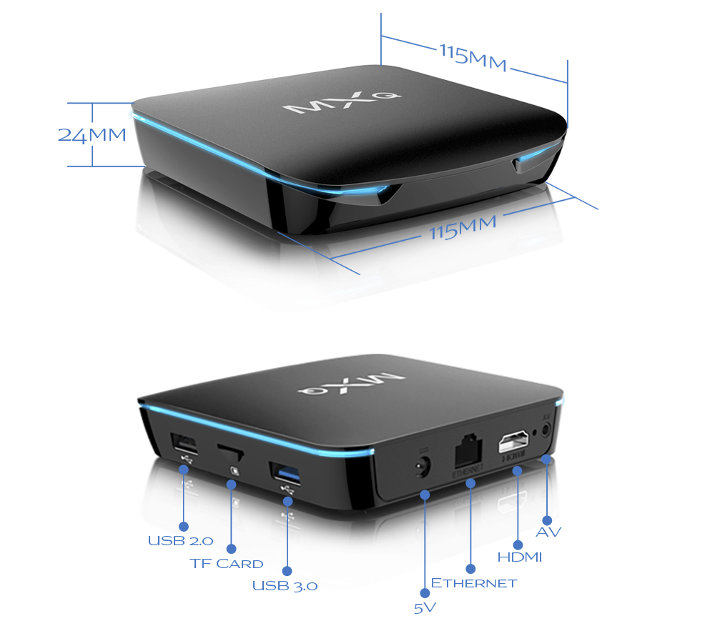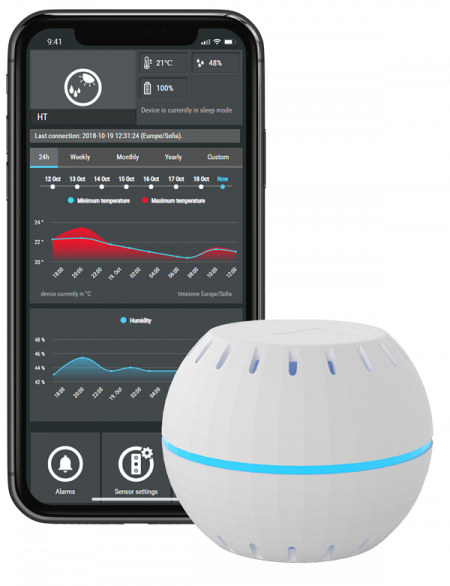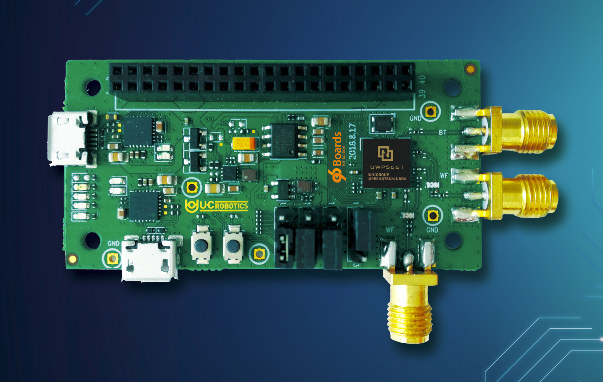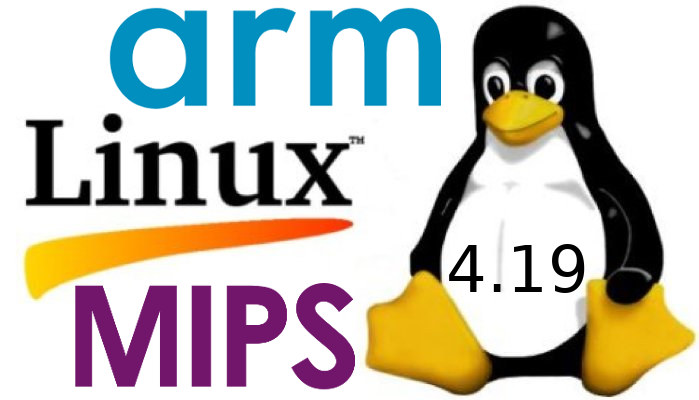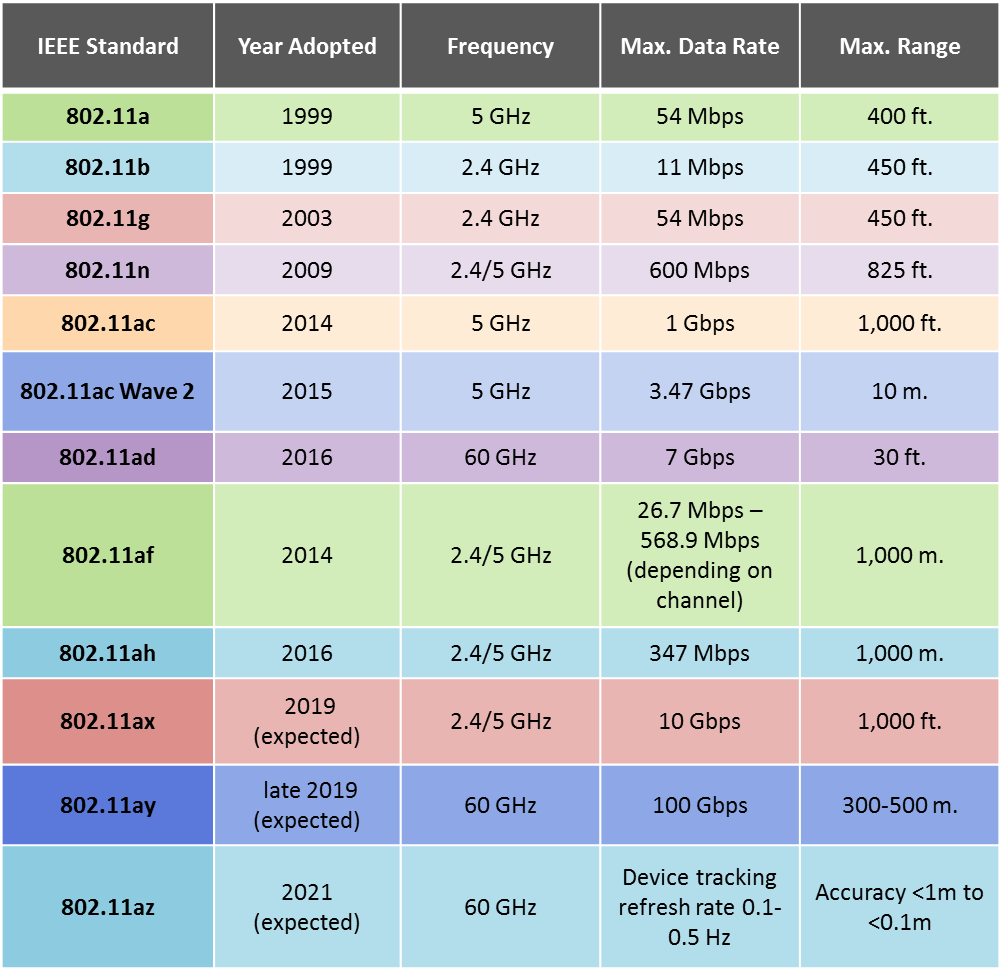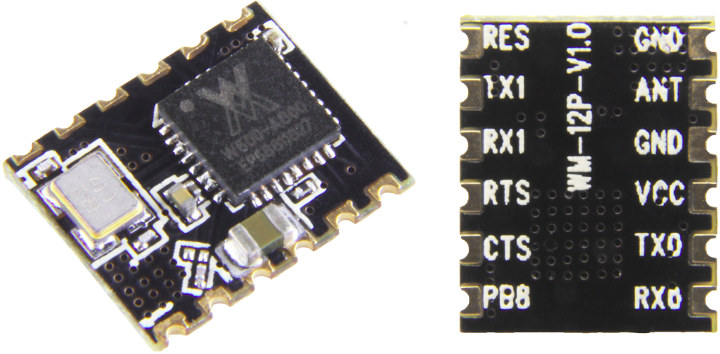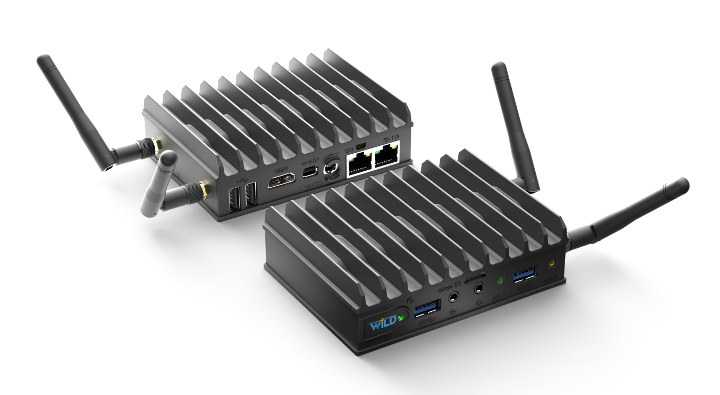Several Amlogic S905X2 TV boxes running Android have launched with products such as X96 Max, Beelink GT1 Mini, H96 Max X2, or Mecool KM9. Some of those boxes come with WiFi 802.11 b/g/n, and others feature better WiFI 802.11ac (WiFi 5), but according to ACEMAX no model comes with a 2T2R (2 transmit / 2 receiver) antenna setup (aka 2×2 MIMO) except for their G12S TV box sold on Aliexpress for $55.99. So if you aim for the best WiFi throughput possible in your TV box, it might be worth having a go. ACEMAX normally adds their brand on OEM product, and the actual manufacturer should be ShiningWorth with the G12x2 model. G12x2 / G12S TV box specifications: SoC – Amlogic S905X2 quad core ARM Cortex-A53 @ up to 2.0 GHz with Mali-G31 MP2 “Dvalin” GPU System Memory – 4GB LPDDR4 Storage – 32GB or 64GB eMMC flash, micro SD card […]
Shelly H&T is a Battery Powered ESP8266 WiFi Temperature & Humidity Sensor
WiFi and long battery life do not usually go hand-in-hand, but as we’ve seen recently, companies have managed to design battery powered WiFi cameras that are said to last up to a year on a charge. So for simpler WiFi devices it should be feasible to last over a year, and that’s what “Shelly H&T” – an ESP8266 based battery-powered WiFi temperature and humidity sensor has apparently achieved, with claims of up to 16 months battery life. Shelly H&T specifications: Connectivity – 802.11 b/g/n WiFi (Wifi 4) Sensor – Temperature & humidity Battery – 1x CR123A battery good for up to 16 months Dimensions – 35 mm Ø sphere with flat top/bottom The firmware supports MQTT, and a Rest API, and works with Alexa, Google Home, and home automation suites like OpenHAB, Home Assistant, or Domoticz. The sensor is “open source ready”, meaning you’ll be able to flash your own […]
96Boards IoT Edition IVY5661 Board Features UniSoC UWP5661 WiFi 5 + Bluetooth 5 SoC
If you ever wanted to start a new IoT project with WiFi and Bluetooth connectivity, you’d like think about using Espressif ESP32 WiSoC that supports single band 802.11 b/g/n WiFi (WiFi 4) and Bluetooth 4.2 LE thanks to great community and software support on top of the ultra low cost of the solution. But in case your require 802.11ac (WiFI 5) – yes, I’m trying hard to get used to the new WiFi naming scheme for consumers -, or Bluetooth 5, Espressif Systems does not offer such solution yet. Instead you may consider UniSoC UWP5661 Arm Cortex-M4 WiSoC with WiFi 5 & Bluetooth 5 connectivity that will be found in the soon-to-be-launched UcRobotics IVY5661 96Boards IoT Edition board. I could not find lots of information about UWP5661 chip tself, so let’s jump directly to IVY5661 board specifications: SoC – UniSoC UWP5661 dual core Arm Cortex-M4 microcontroller @ 416 MHz manufactured […]
Linux 4.19 Release – Main Changes, Arm and MIPS Architectures
With Linus Torvalds taking a leave from the Linux kernel project, Greg Kroah-Hartman was the one to release Linux 4.19 last Sunday: Hi everyone! It’s been a long strange journey for this kernel release… While it was not the largest kernel release every by number of commits, it was larger than the last 3 releases, which is a non-trivial thing to do. After the original -rc1 bumps, things settled down on the code side and it looks like stuff came nicely together to make a solid kernel for everyone to use for a while. And given that this is going to be one of the “Long Term” kernels I end up maintaining for a few years, that’s good news for everyone. A small trickle of good bugfixes came in this week, showing that waiting an extra week was a wise choice. However odds are that linux-next is just bursting so […]
Qualcomm QCA64x8 and QCA64x1 802.11ay WiFi Chipsets Deliver 10 Gbps Bandwidth
WiFi has evolved in recent years with the introduction of 802.11ad and 802.11ax (now called WiFi 6). THe latter is now official, and in the last year several 802.11ax chipsets and WiFi 6 routers have been announced, but I’ve not heard much about 802.11ad with claims of up to 7Gbps bandwidth at 60 GHz when unveiled in 2016. The latter have been supplanted by 802.11ay, with Qualcomm having just unveiled QCA64x8 and QCA64x1 802.11ay chipsets capable of delivering 10Gbps and operating at a frequency of 60 GHz. According to Wikipedia, 802.11ay is not really a new standard, but just an evolution of 802.11ad adding four times the bandwidth and up to 4 MIMO streams. Qualcomm chipsets will enable 10+ Gps speeds with wire-equivalent latency, while keeping the power consumption low, and bring the ability to play 4K UltraHD videos over WiFi, virtual / augmented reality games, fixed wireless mesh backhaul, […]
New WiFi Naming Scheme: 802.11n Becomes WiFi 4, 802.11ac WiFi 5, 802.11ax WiFi 6
Terminology used by engineers may be confusing for end-users, so for example in the TV market 720p becomes “HD Ready”, 1080p “Full HD”, and 4K may be referred to “Ultra HD”. A few years ago, I tried to buy a 1080p TV, and the seller was really confused at first saying they only had “HD Ready” or “Full HD” televisions. Two terms I had personally never heard of myself, but eventually we managed to understand each other… Up to now the official IEEE name for different WiFi standards like 802.11n, 802.11ac, or the new 802.11ax may have been a little confusing to consumers. So the WiFi alliance has decided to launch a new scheme naming scheme. We’ll soon have to refer to 802.11n routers as WiFi 4 routers, AC routers as WiFi 5 routers, and it will probably be less confusing for 802.11ax routers since I expect them to be […]
Air602 is another $2 WiFi IoT Module, Based on Winner Micro W600 Arm SoC
WiFi used to be fairly expensive to add to MCU projects with spending $30 to $40 just for a WiFi module pretty common just less than 5 years ago, but this all changed thanks to Tensilica based Espressif ESP8266 modules selling for $5 in 2014, and an active community gathering behind the WiSoC, and related modules and development board. ESP8266 modules are now available for under $2, and around two years ago it looked like we would have another option based on Arm Cortex-M3 with RTL8710 modules such as Pine64’s PADI IoT stamp also selling for about $2 in single quantities. However, most people did not really the benefit of switching to another platform based on Arm for this type of applications, and the products never really took off, many went away, and PADI IoT stamp appears to be one of the few survivors. Yet another $2 WiFi IoT module […]
Compulab WILD WiFi Router Supports WiFi RTT (802.11mc) Location
When Google released the first Android P preview back in March, one interesting new feature was indoor positioning through 802.11mc WiFi aka. WiFi RTT (Round Trip-Time). That looks promising so I started to look for 802.11mc capable routers, and all I could find were some Intel cards and Marvell chips with WiFi RTT, but not actual products. Since then Android 9 has been formally released, and today I’ve learned that Compulab launched a WiFi RTT capable router that will work with Android 9.0 phones. Meet Compulab WILD. Compulab WILD WiFi RTT router specifications: SoC (from a choice among three) Intel Atom x7-E3950 quad core processor @ 1.6 / 2.0 GHz with 18 EU HD graphics; 12W TDP Intel Atom x5-E3930 dual core processor @ 1.3 / 1.8 GHz with 12 EU HD graphics; 6.5W TDP Intel Celeron J3455 quad core processor @ 1.5 / 2.2 GHz with 12 EU HD […]


